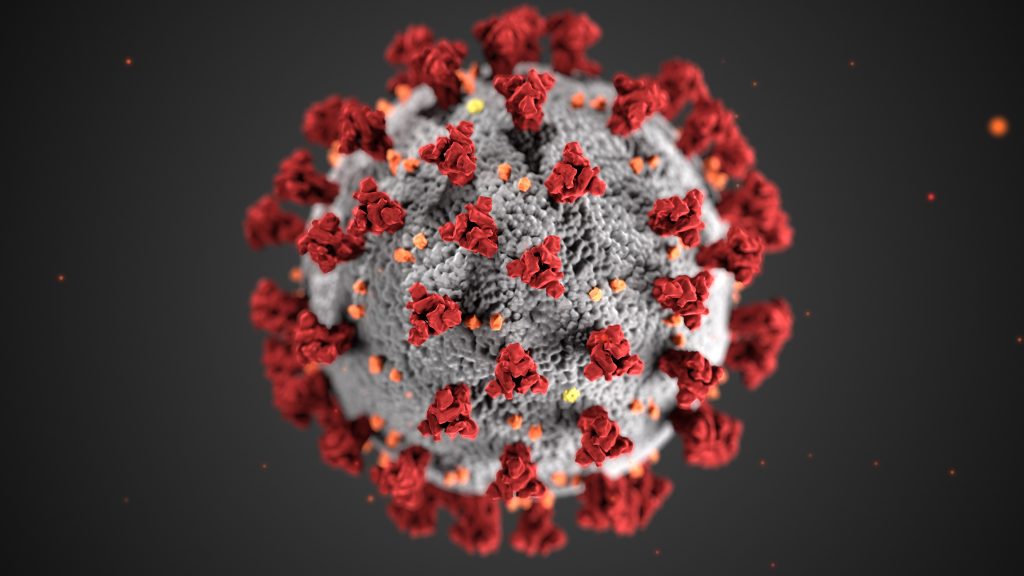by Mariam Yacoub.
Approaching a year since our first national lockdown in the UK, there is so much to reflect on. So much has been learnt in the world of virology and epidemiology. While globally and locally we have lost so much, we may walk away with many lessons about how we may fight the next infectious killer. Our remarkable Professor Martin Michaelis and Dr Mark Wass, talk us through how.
We have already seen excellent examples from across the globe that have shown us that it is indeed possible to prevent the disaster that much of Europe and North America is facing. Countries in Asia such as Vietnam, Singapore and China. The Oceananian countries, New Zealand and Australia. Places in Sub-suharan Africa like Tanzania. Professor Michaelis and Dr Wass explain ‘All these countries have in common that they suppressed the spread of COVID-19 as much as possible right from the beginning. This enabled these countries to contain outbreaks locally, so that they could ease general restrictions.’
From these remarkable examples we have learnt about the crucial element of timing. ‘We will need to act before the scale of the threat becomes clear. Otherwise, we will miss the short time window, in which new infectious diseases can be eradicated.’ Windows of opportunity and quick thinking will be essential to prevent ‘the next COVID-19’.
Taiwan for example, ‘a nation of 23.5 million, has only suffered 7 deaths and its economy grew last year’ Taiwan began screening passengers on flights from the 1st of January 2020. Only in the last few months have many other countries began to require COVID-19 testing for international arrivals.
Taiwan’s economy also grew last year, an excellent example that the economy need not be a sacrifice to a pandemic. Data shows that if there was a global lockdown of 4-6 weeks in December 2019, we could have eradicated COVID-19 essentially ‘before it had even really started to spread.’
The main lesson to learn here is that we need much more effective and swift international cooperation. Communication must be transparent and immediate. International surveillance systems have to be ‘more stringent’ if we are to take sufficient measures in time.
We must be globally prepared with resources to enable these measures, essential goods and infrastructure in place to allow efficient distribution.
As we continue to fight off the current pandemic, there is reason for optimism. The UK has vaccinated 15 million people, amid the optimism the Pound also experienced a spike. It is hopeful that as we continue to be vaccinated, the economy can begin to make it’s slow recovery.
This article was written by Mariam Yacoub from the School of Biosciences.
For more expert statements from Professor Martin Michaelis and Dr Mark Wass see below.
https://twitter.com/UniKent/status/1351213938088800256
https://twitter.com/UniKent/status/1351128667427123205

